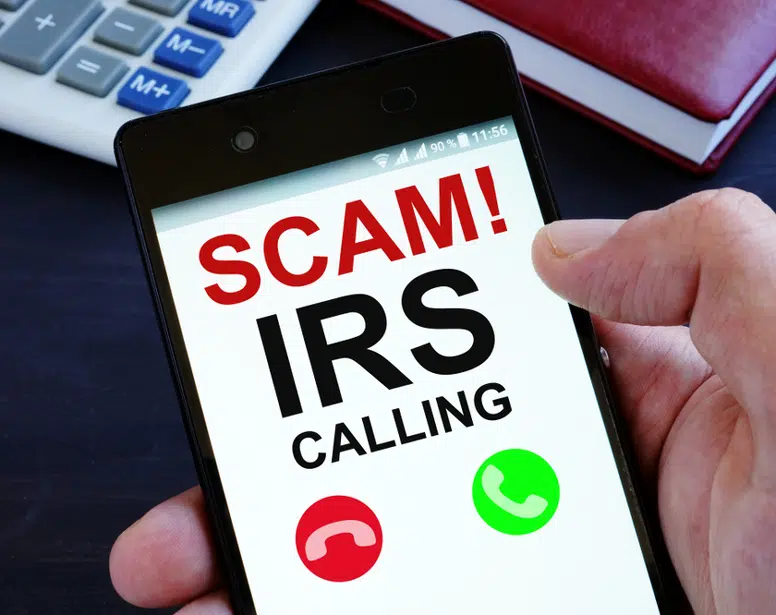Tax Scams Don’t End in April
Home Help Center Tax Scams Don’t End in April

If you have not filed your tax return yet, the deadline is looming. If you have filed already, you are probably still very aware of the date as you anxiously await your return. Whether you have filed or not, there is a good chance you have encountered one or two tax scams this year or in previous. Many scammers take advantage of the lack of knowledge and fear that comes with the April 15th tax day. While there may be fewer calls from shady people demanding your tax information after the 15th passes, that only means that tax scams will take on a new look and scammers will adapt.
First, remember that not everyone will file by the April 15th deadline. Whether due to late activity or previously-approved extensions, a significant number of consumers will mail or e-send those returns in after the date. Scammers know this, and therefore, have no intention of cutting off their activity. It is important to be on the lookout even after the deadline has passed and after you have filed your return.
Of course, extensions or late filing only applies to some people. If you have already filed but a caller tells you that your return was never received, you can probably have a good laugh and hang up the phone. Why? Because the IRS does NOT call you, but rather sends letters through the postal service instead (if you have not received any confirmation that your postal return was received, you might check in with the IRS to be safe, but they still will not call you).
What if the caller has a different story? What if someone posing as an IRS agent tells you that your return had an error, or that they suspect you have been the victim of identity theft since someone else sent in a return in your name? Those scenarios can be very frightening, and that means these tax scams are a lot harder to ignore.
First of all, the same rule from above still applies: the IRS will not call you, even for something as serious as those situations. You will receive a mailed letter if there is an issue, and this letter will provide you with the information you need to take your next steps. Even if your caller ID says “IRS,” you should be very careful since it is most likely a scam.
Next, it is important to develop a good habit of safeguarding your information, no matter who calls or why they claim to need it. If you are ever asked to verify your identity by providing anything more sensitive than your name or home address, do not comply. Instead, take down the caller’s information and contact their company or agency yourself using a verified contact method.
Also, if you are ever told you failed to pay your taxes correctly or owe a penalty, you will never be required to make an immediate payment over the phone (see previous mentions of phone calls). You will have time to look into the matter and take appropriate action. This is very important: you cannot pay with an iTunes or other gift cards, no matter what the scammer tells you. You will also never be required to use an untraceable method like a prepaid debit card or wire transfer. Your own check, a money order, or a cashier’s check are all valid forms of payment.
Finally, tax scams rely on the fear factor of messing up where the IRS is concerned but do not fall for this scare tactic. The burden of proof has been on the IRS’ shoulders for quite some time, not on the individual taxpayer. Do not be frightened into handing over your money or your identity to a thief.
Contact the Identity Theft Resource Center for toll-free, no-cost assistance at (888) 400-5530. For on-the-go assistance, check out the free ID Theft Help App from ITRC.
Read next: Imposter Scams Were The Most Reported Consumer Complaint
How much information are you putting out there? It’s probably too much. To help you stop sharing Too Much Information, sign up for the In the Loop.
Get ID Theft News
Stay informed with alerts, newsletters, and notifications from the Identity Theft Resource Center

